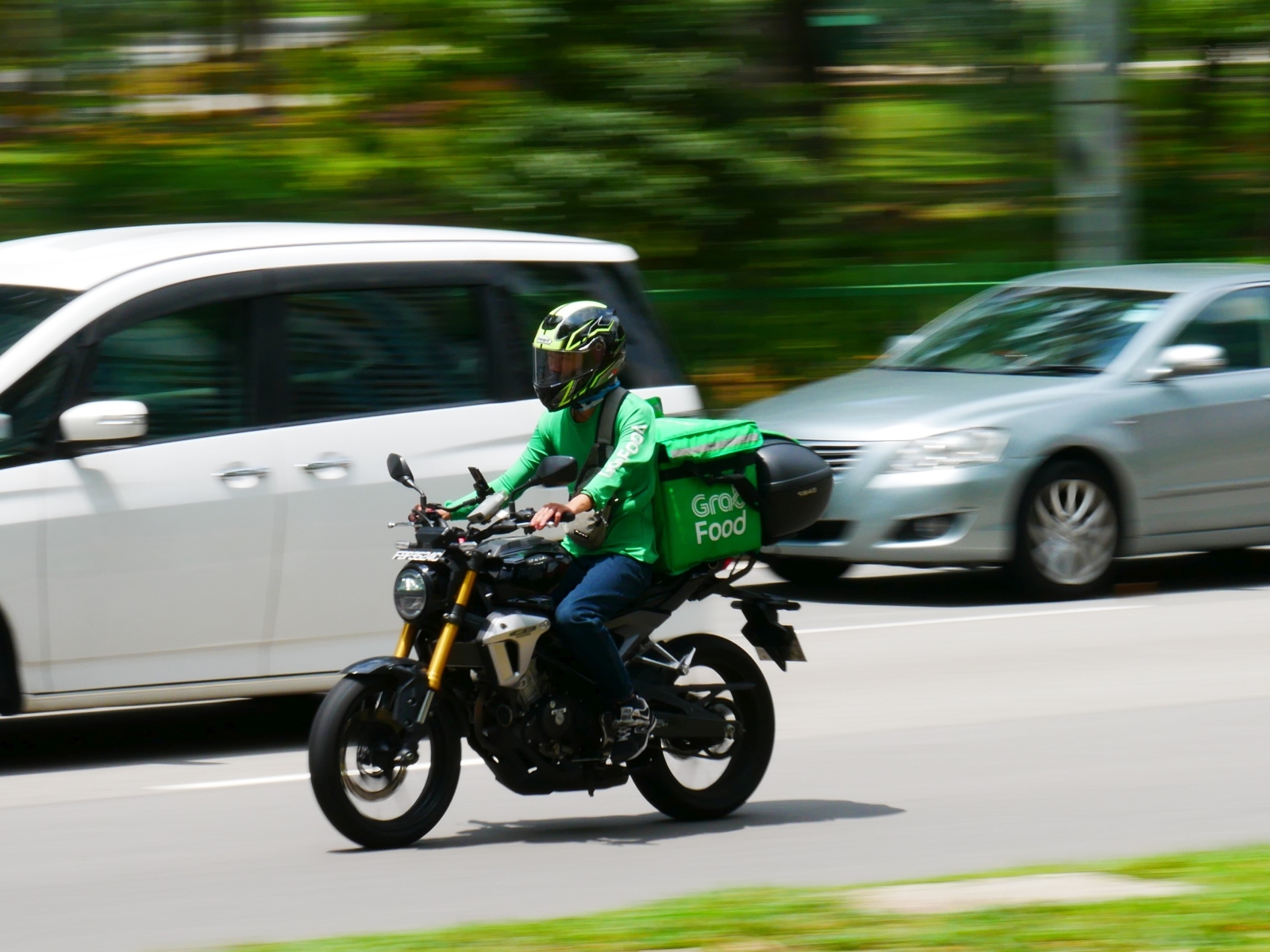

Evaluating the Food Safety Risk of Online Food Delivery During the Pandemic
World Universities Network researchers investigate the food safety risk of online food delivery platforms against the backdrop of the COVID-19 pandemic in Taiwan
During the COVID-19 pandemic, there has been an increase in demand for online food delivery services for everything from groceries to cooked meals. But these services can constitute a food safety risk. Researchers in Taiwan explored the food safety literacy of both consumers and proprietors of online food delivery services during the COVID-19 pandemic in Taiwan.
The COVID-19 pandemic saw the enforcement of lockdowns and ‘shelter-in-place’ policies across the world. As a consequence, there was also an increase in the use of online shopping and online food delivery services. The use of online food delivery services was so widespread, that in Taiwan, around 56% of the population partook of these services during the pandemic. From fruits and vegetables to snacks and cooked meals, food delivery services offer a wide range of foods to consumers. But along with the improved convenience and access to food, these foods can also prove a risk in case they are undercooked, or if appropriate hygiene is not maintained during their transport and preparation.
A team of researchers, led by Professor Hsiu-Ling Chen from National Cheng Kung University, investigated the potential food safety risk of using online food delivery platforms during the COVID-19 pandemic in Taiwan. They performed a cross-sectional study with data on demographic characteristics, habits around the usage of online food delivery services, and food safety literacy from 367 consumers and 122 delivery personnel.
They found that the primary reason for the use of online food delivery platforms was convenience. Reducing the risk of contracting COVID-19 and enticing offers and discounts ranked second and third respectively. They also found that the most commonly ordered foods were hot cooked rice or noodles, hand-shaken beverages, and hot cooked meat. Importantly, the use on online food delivery platforms increased by over 20% after the advent of the COVID-19 pandemic. Moreover, there was an 8.5% increase in people who ordered food online 4–6 times a week. “A key finding of our study is that, overall, the food safety literacy of the consumers was very good, however there is a need to strengthen literacy on meal received temperature and food registration temperature, especially in the 21–30 year age group[A1] ,” says Professor Chen.
From the data from food delivery personnel, the researchers found that around 30% of them conducted around 16–20 deliveries a day. Around half the food delivery personnel used alcohol to clean the food delivery boxes. After the COVID-19 pandemic began, there was an increase of 18% in food delivery personnel who cleaned the boxed 2–4 times a day. The findings indicated that the overall food safety literacy of food delivery personnel was very good. However, there were lower scores on knowledge of the temperature of the meal.
The researchers used this information to formulate recommendations to communicate the food safety risk of online food delivery services. The foremost recommendation was for online food delivery companies to incorporate temperature control equipment within the delivery box or provide a thermometer to check the temperature of the meal. Another way to maintain the temperatures of the foods would be to separate the hot and cold meals inside the delivery box with a divider. The second recommendation is to improve the quality of leak-proof packaging, as food leakage was one of the most commonly encountered problems with online food delivery services. “Another way that online food delivery companies can improve food safety is by being transparent about their relevant hygiene certifications with labels. Food delivery personnel can also disclose the delivery conditions of the food,” adds Professor Chen.
In conclusion, this study provides insights on the food safety scenario of online food delivery services in Taiwan, as well as some key recommendations on areas for improvement.
Reference:
|
Authors
Title of original paper
Journal |
Professor Hsiu-Ling Chen Dr Angeliki Papadaki Dr Trias Mahmudiono Dr Indria Wahyuni
Potential food safety risk from using online food delivery platform during the COVID-19 pandemic in Taiwan
Asia SDG Report |
|
DOI
Affiliations |
NA
NCKU University of Bristol, UK Universitas Airlangga
|

Online food delivery platforms can increase access to food, but there are some potential food safety risks, especially with respect to maintaining the temperature of the delivered food.
About Professor Hsiu-Ling Chen
Dr. Hsiu-Ling Chen is a Professor in the Department of Food Safety./Hygiene and Risk Management at National Cheng Kung University, Taiwan. From 2008 to 2017, Professor Chen was the Director of the High Valued Instrument Center in Hung Kuang University. She was also a Distinguished Professor at the Department of Safety, Health, and Environmental Engineering there from 2012 to 2017. Her research interests include food safety, risk assessment analysis, environmental health, risk management, and risk communication. Her work contributes towards SDG2, SDG3 SDG11, and SDG 12. She obtained her PhD in Basic Medicine in 2004.